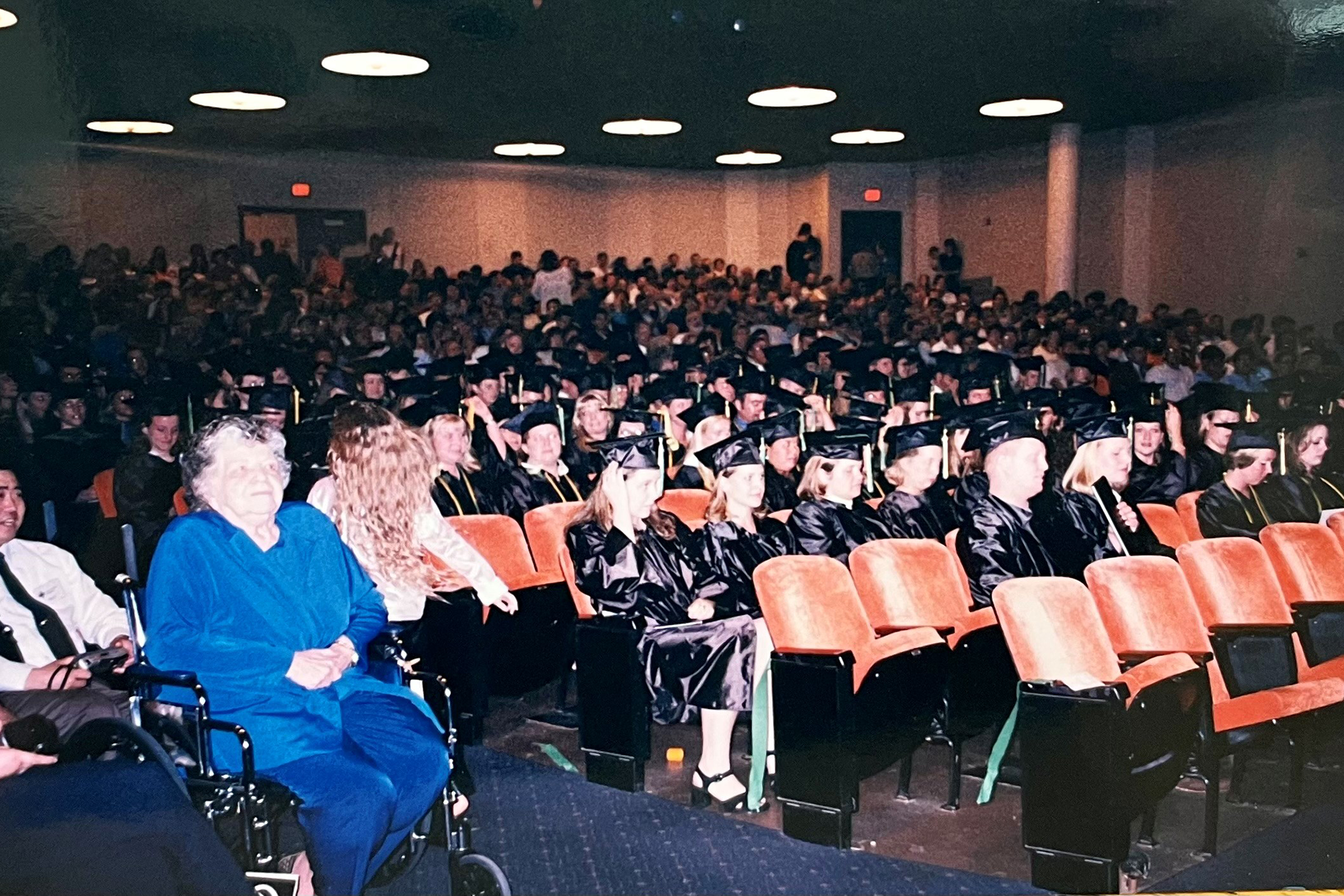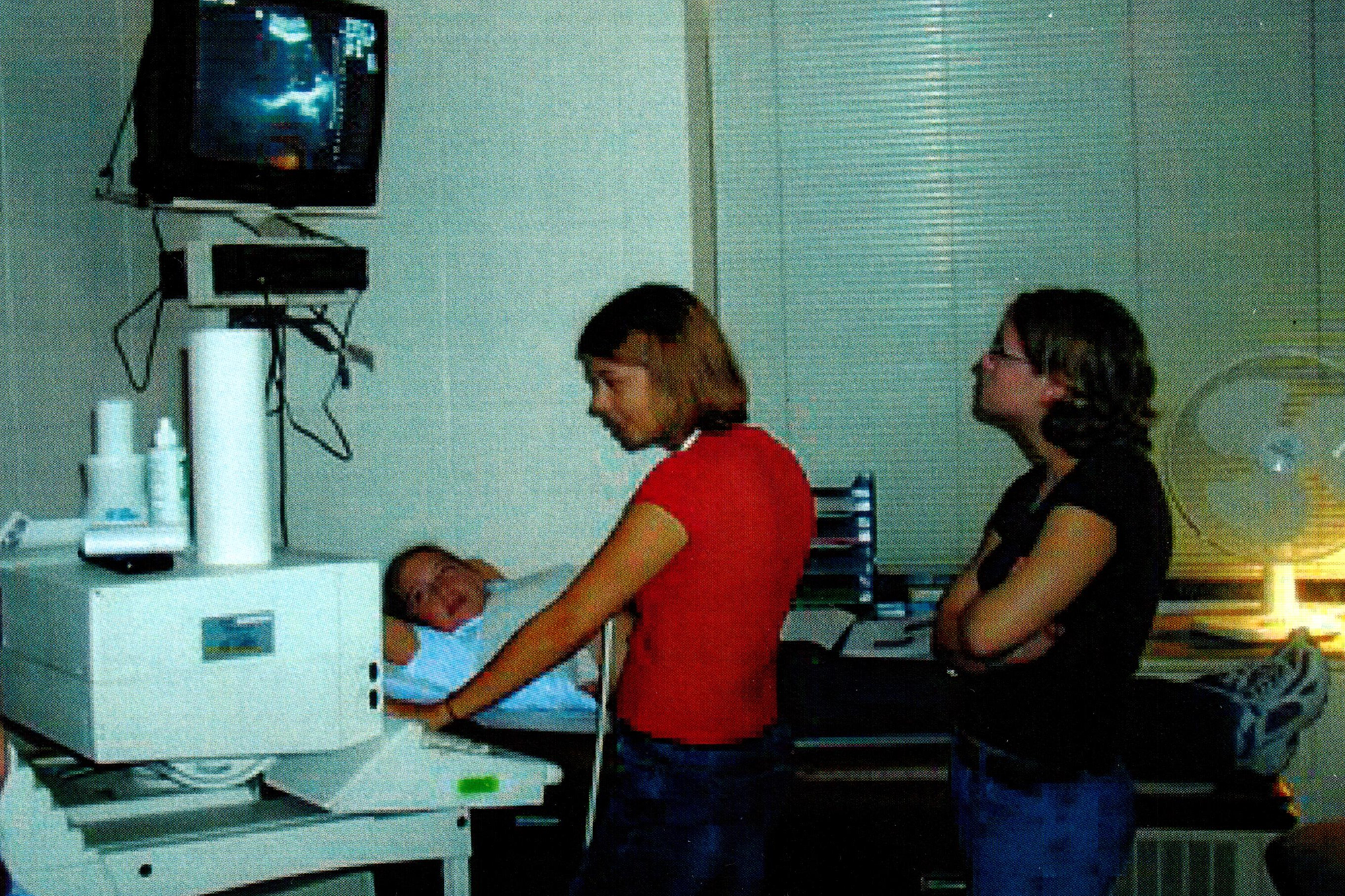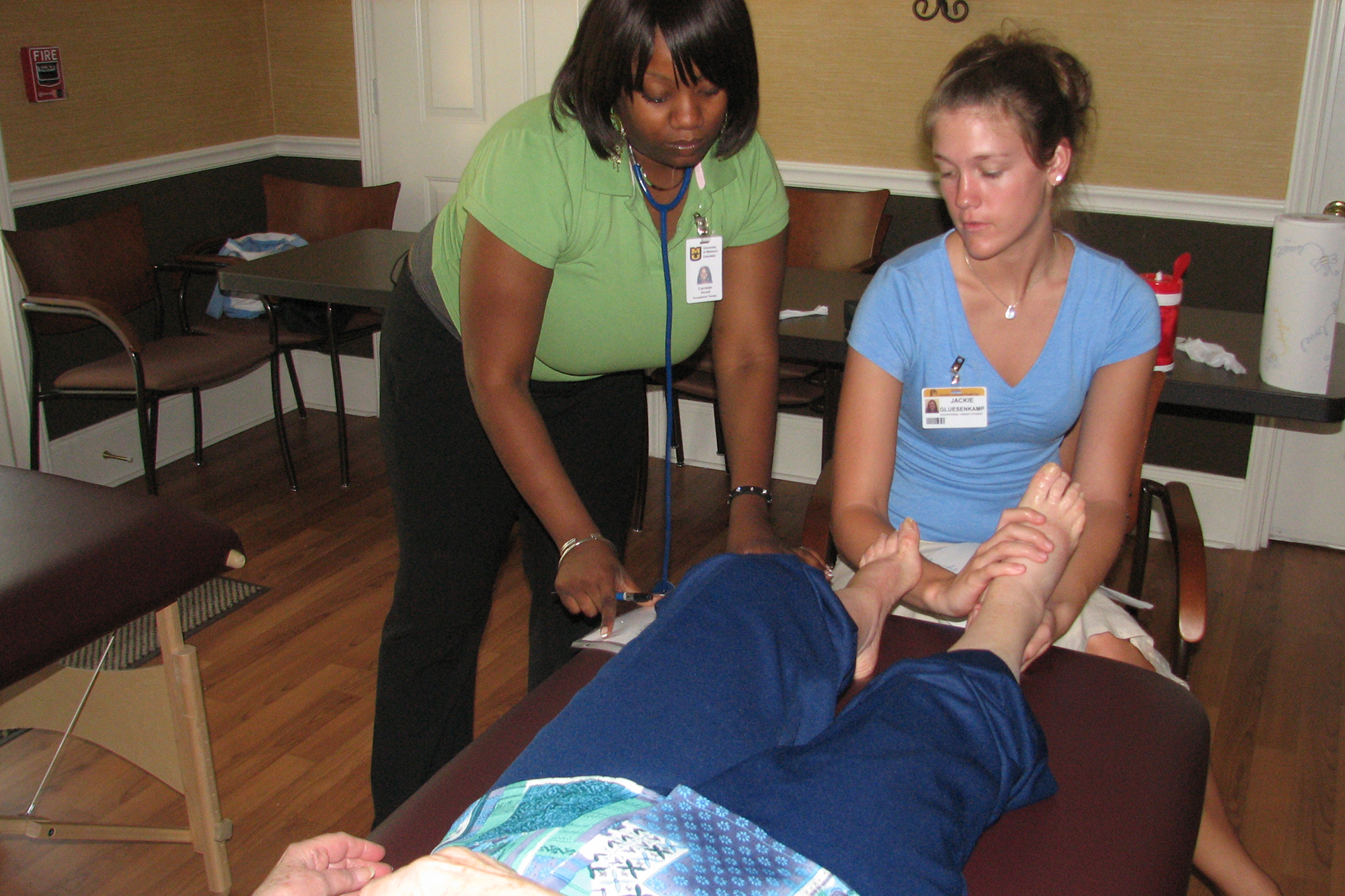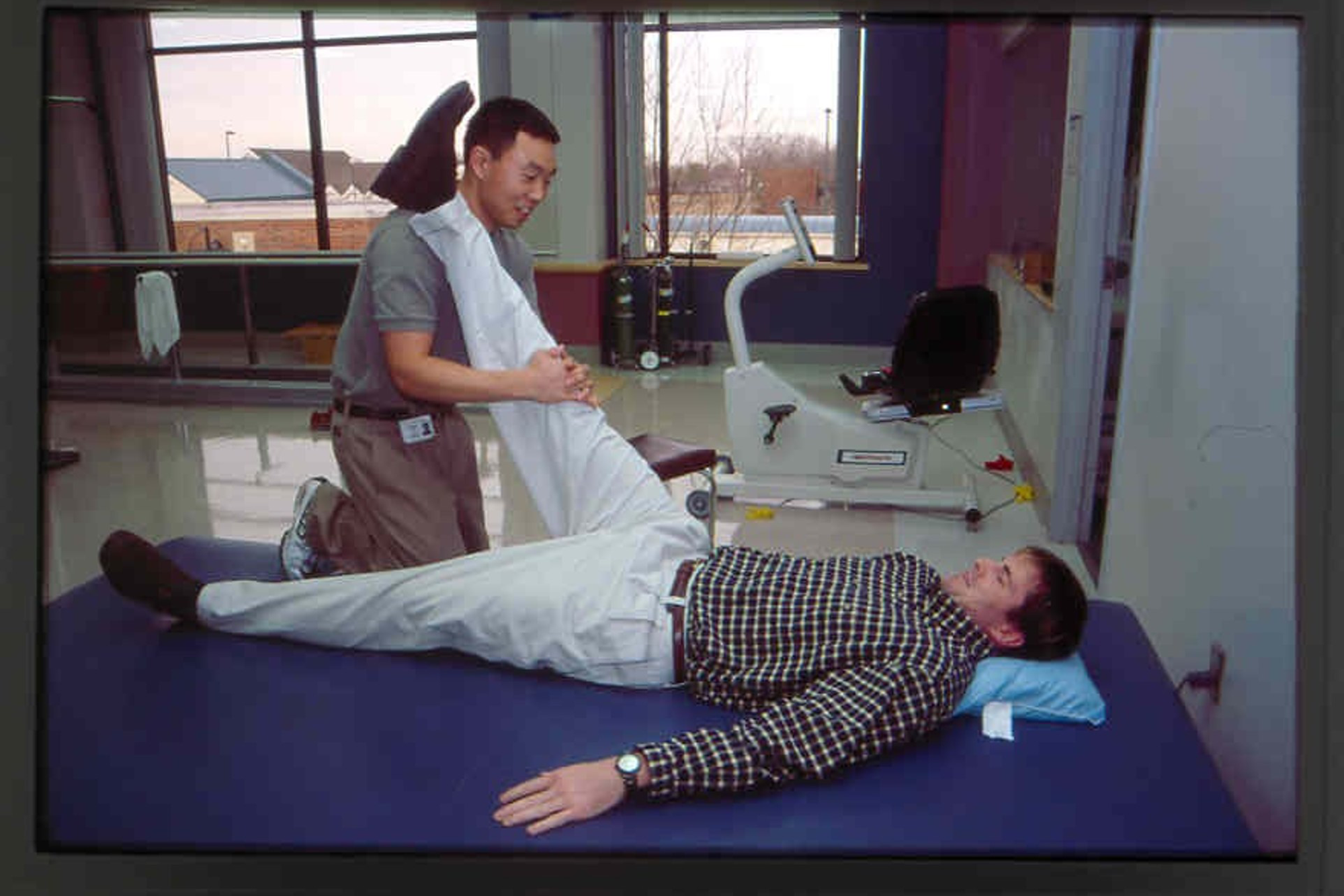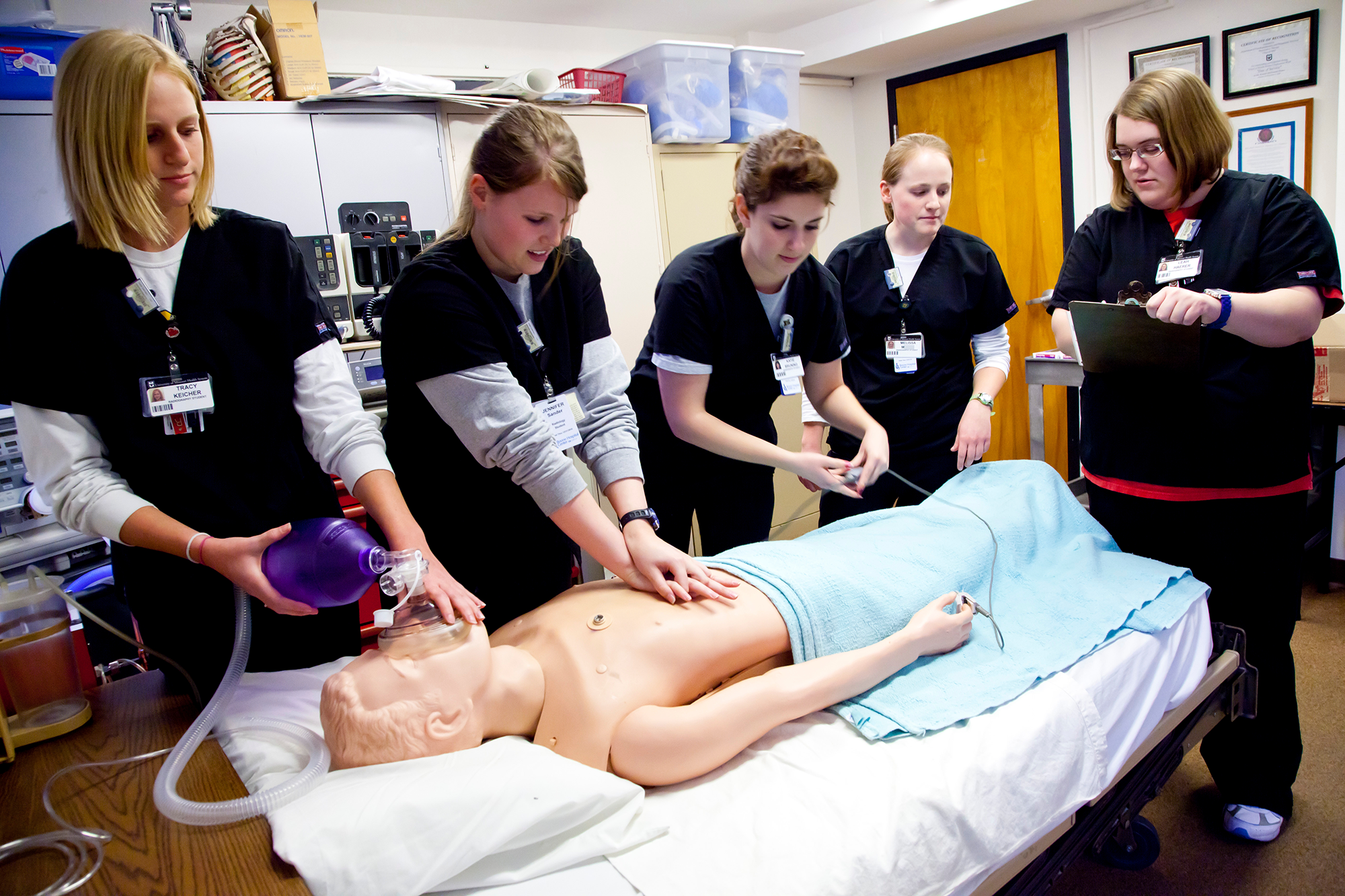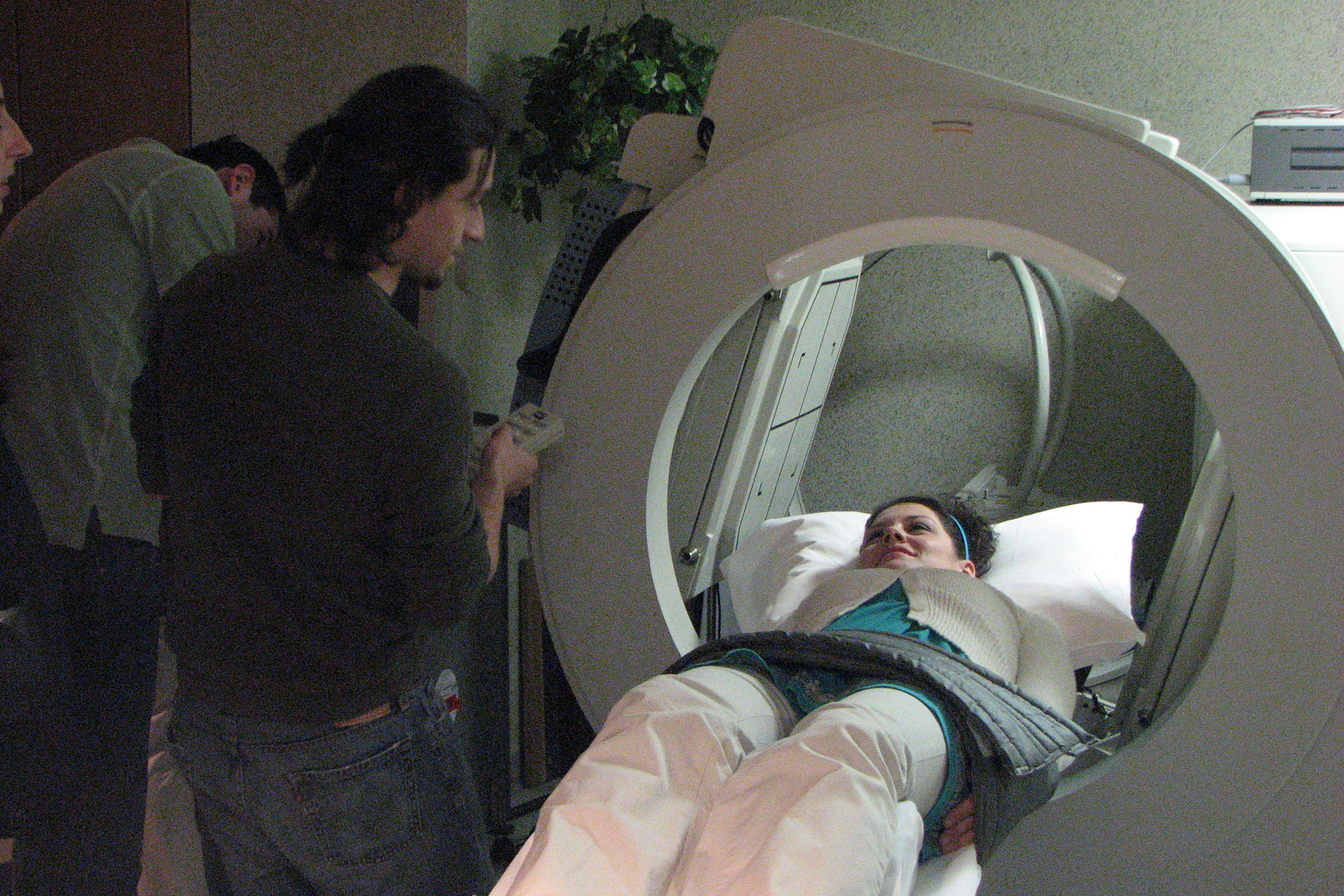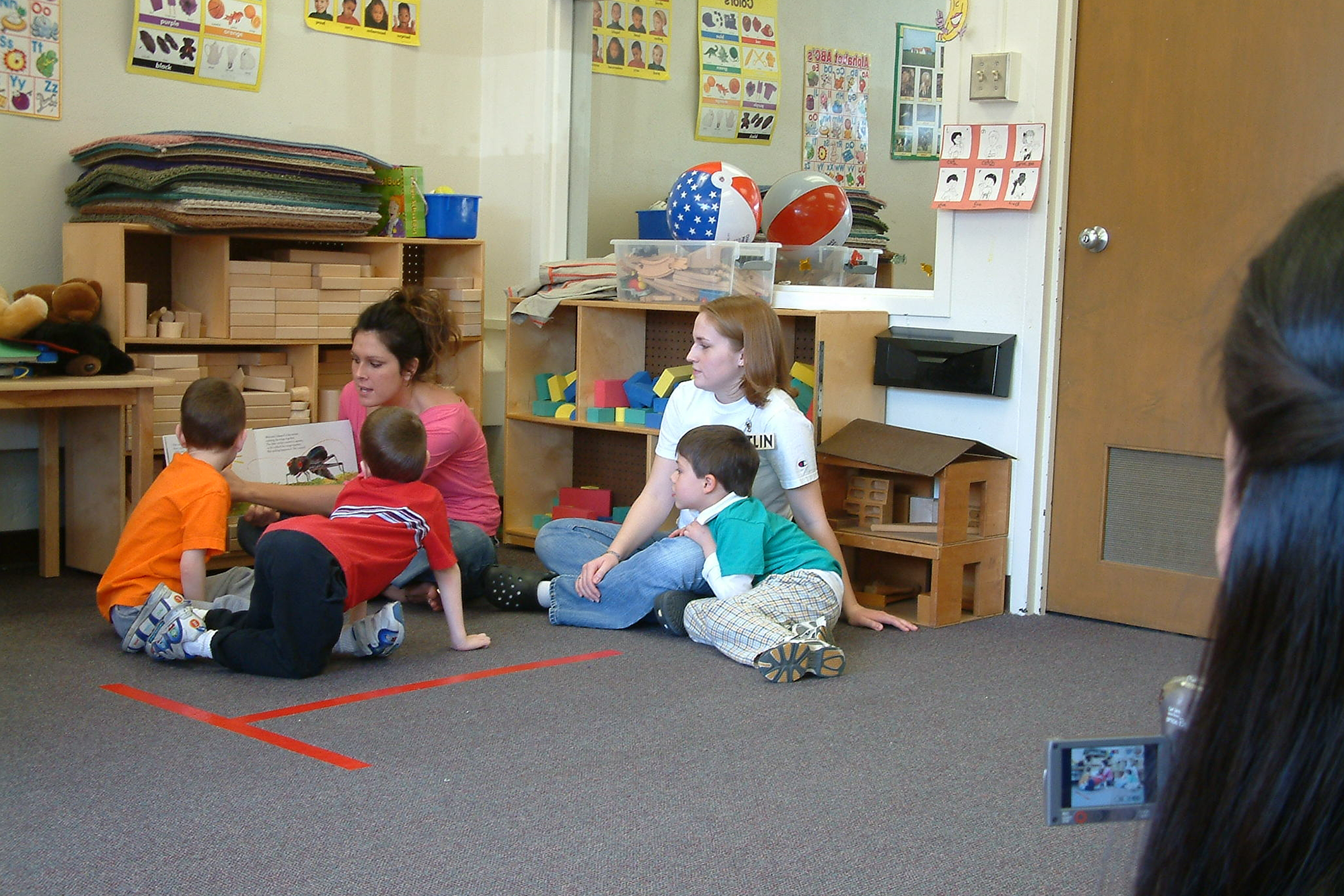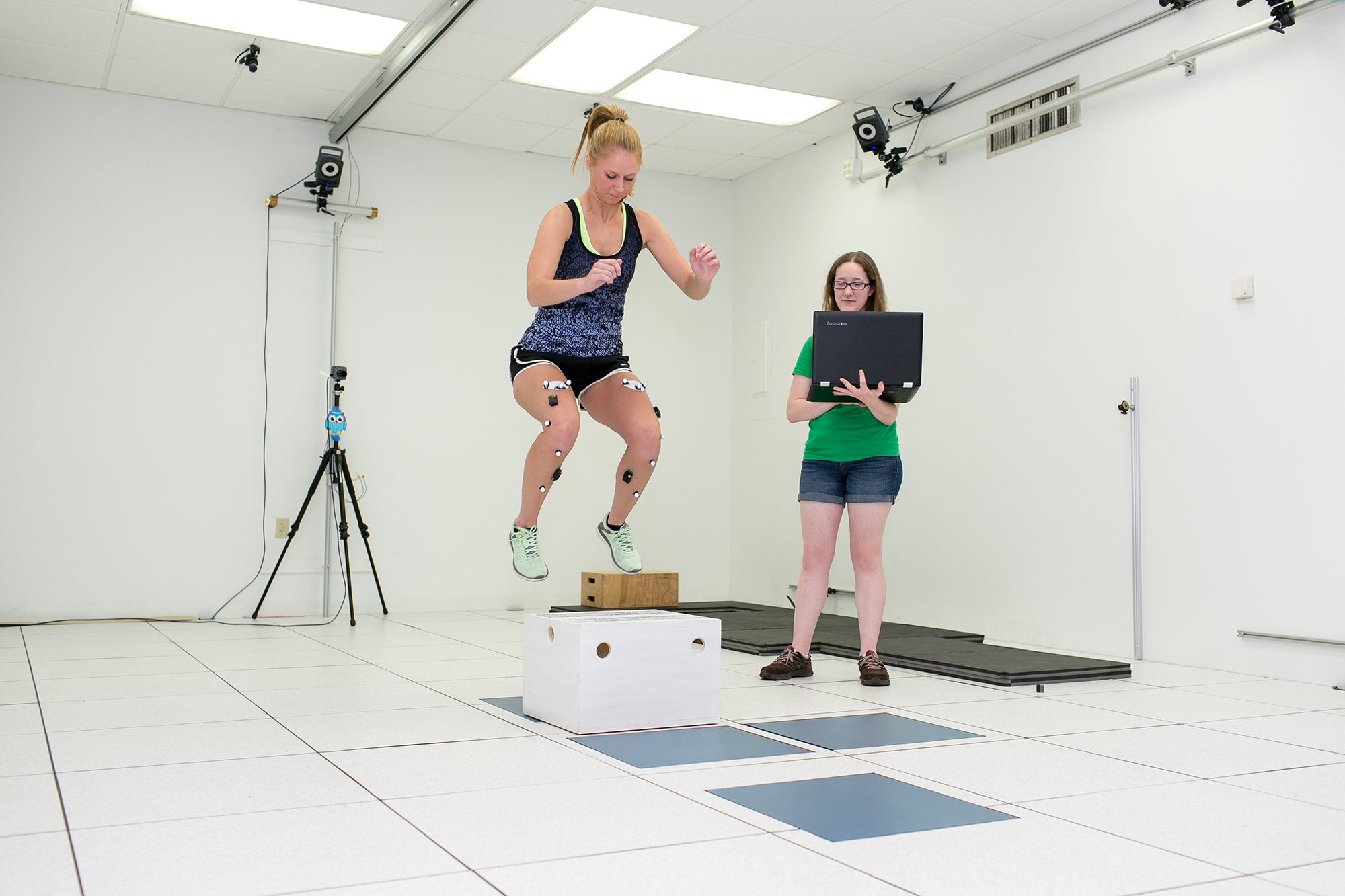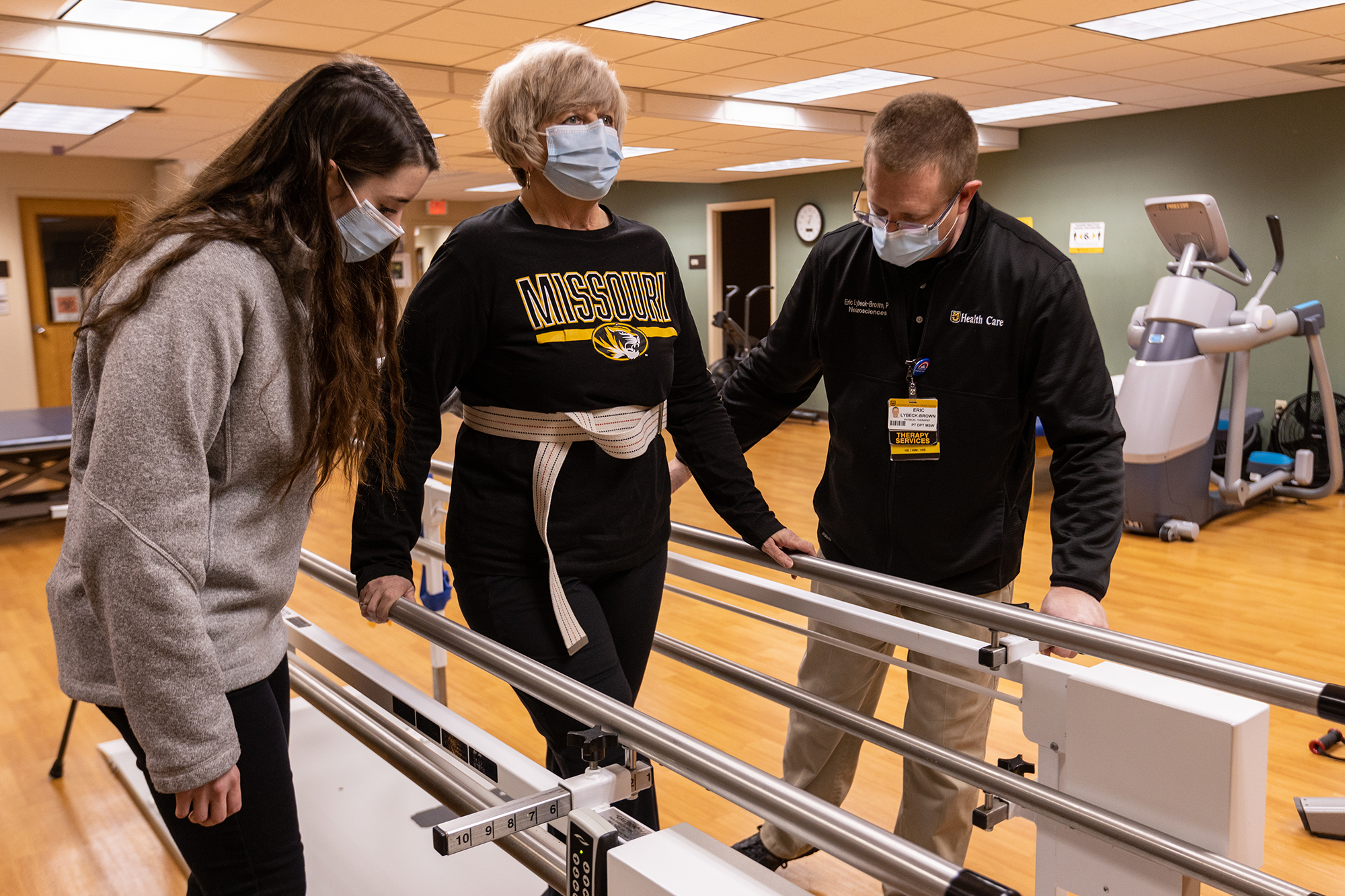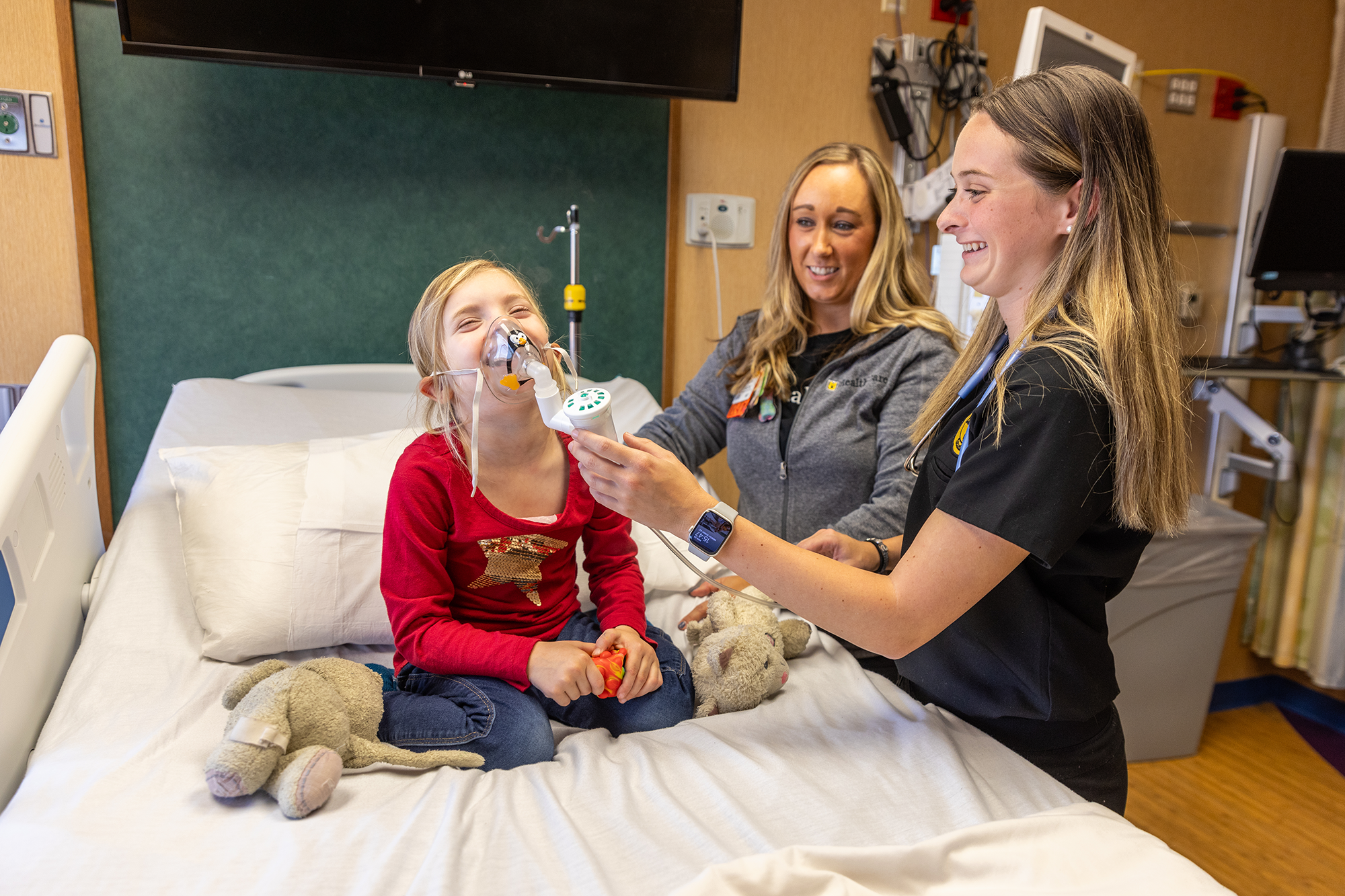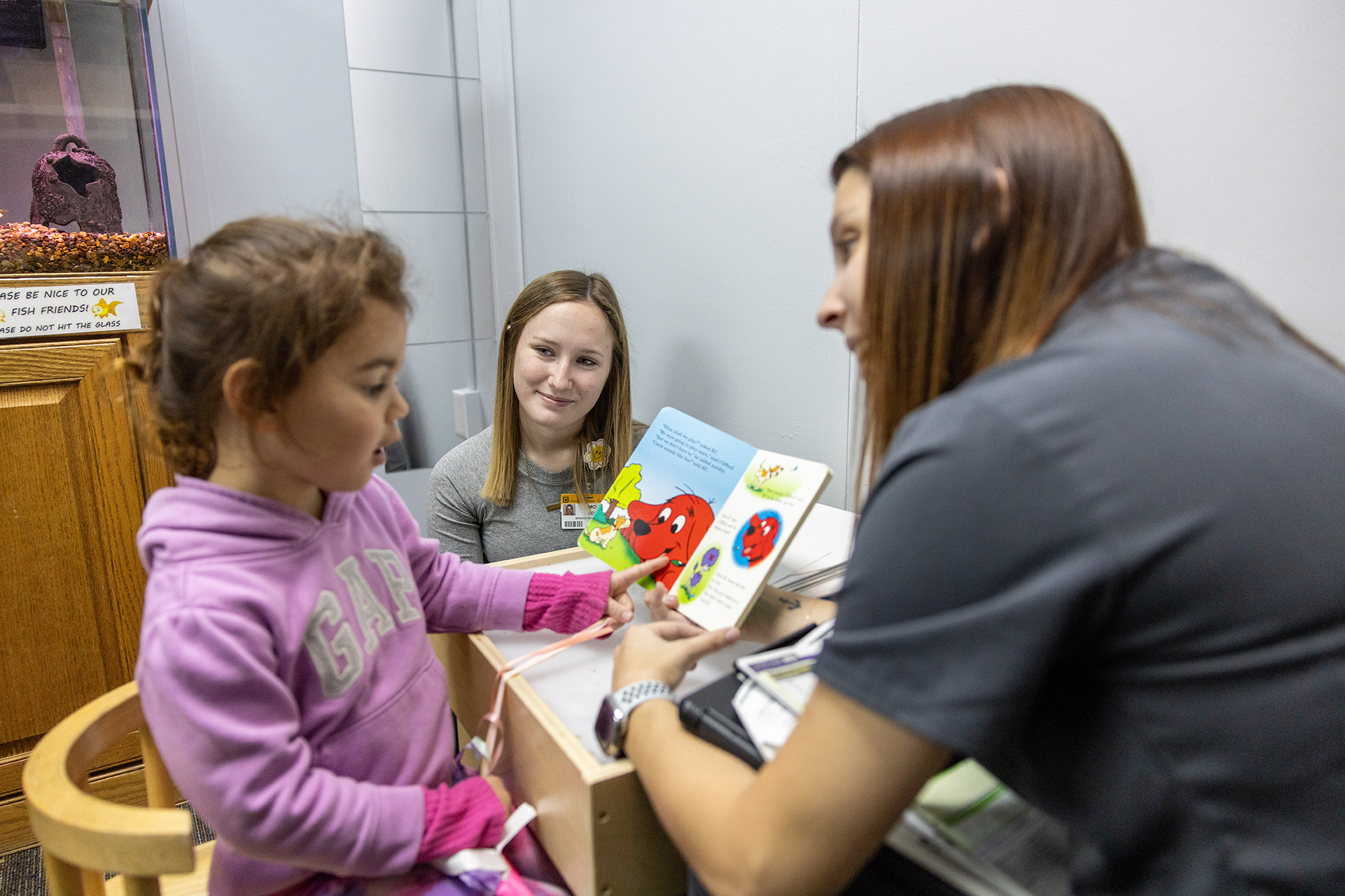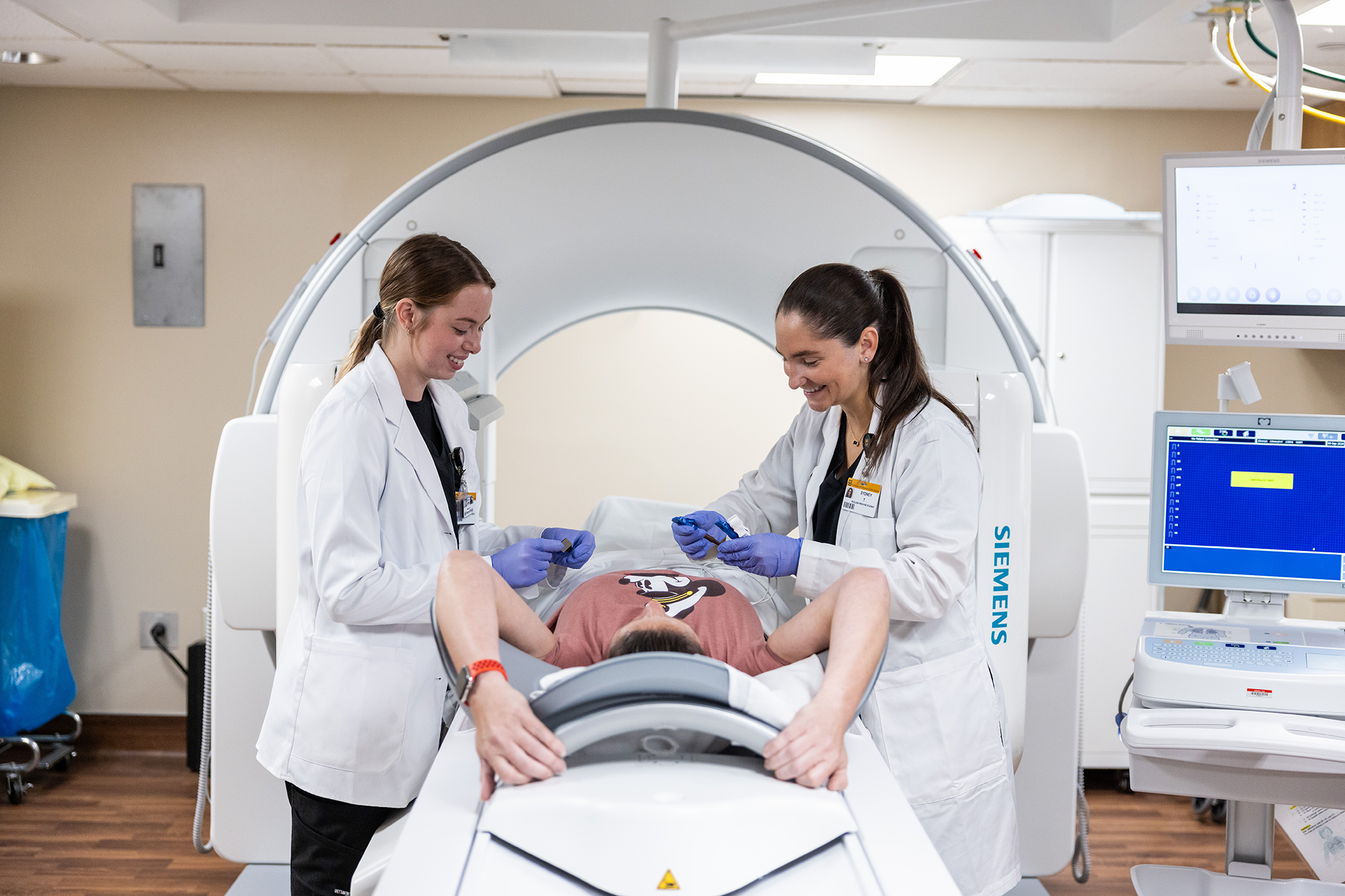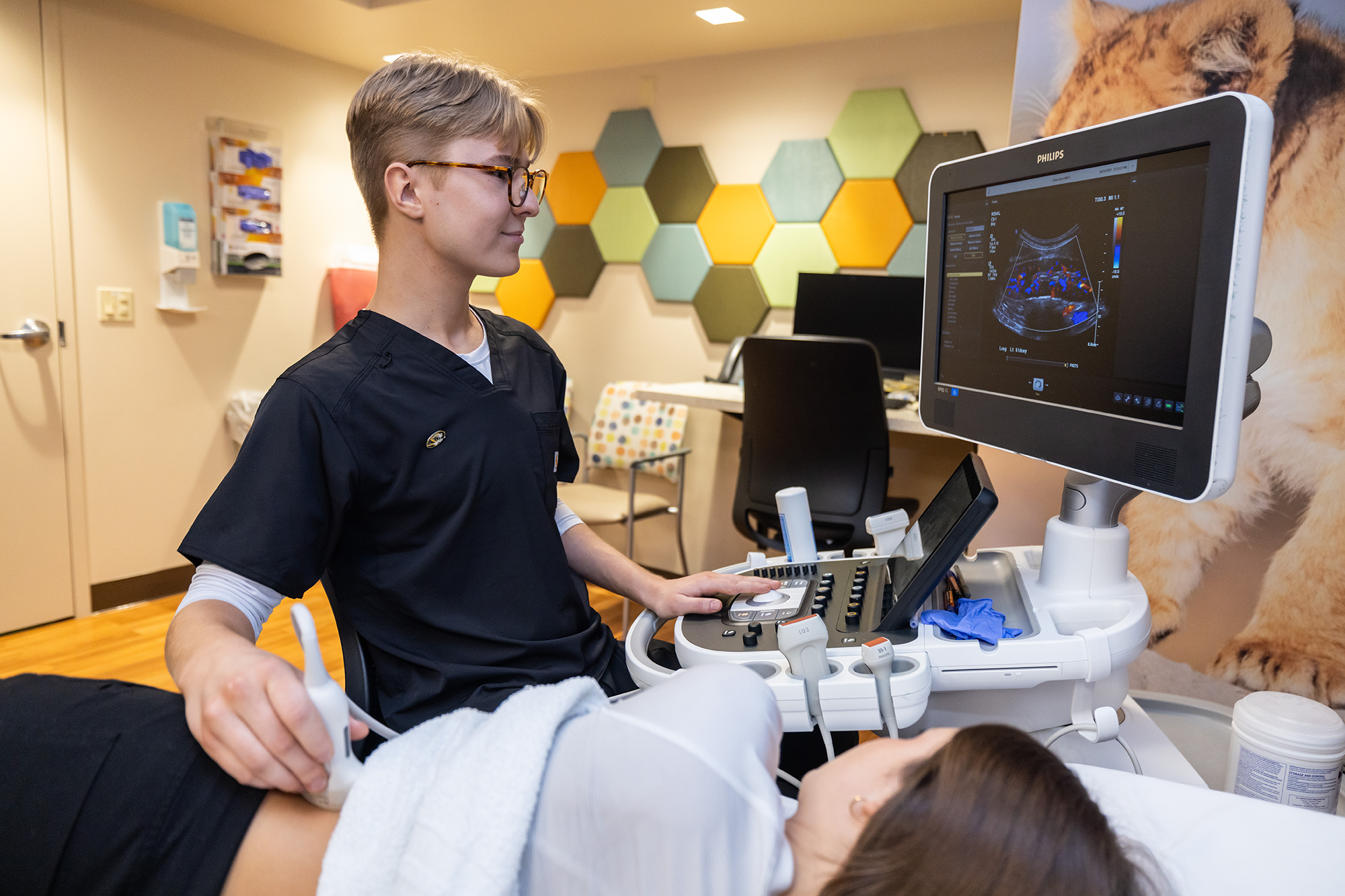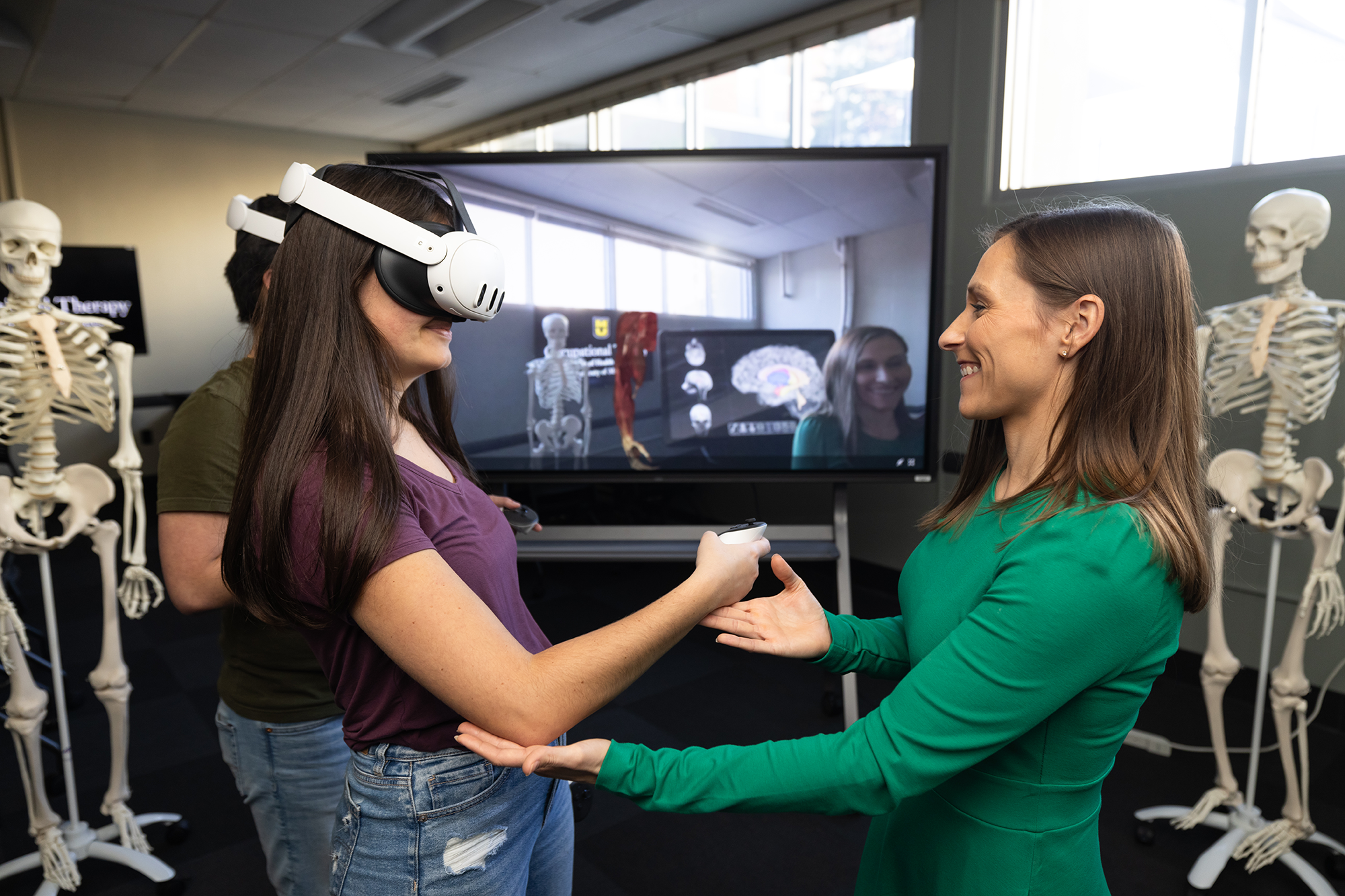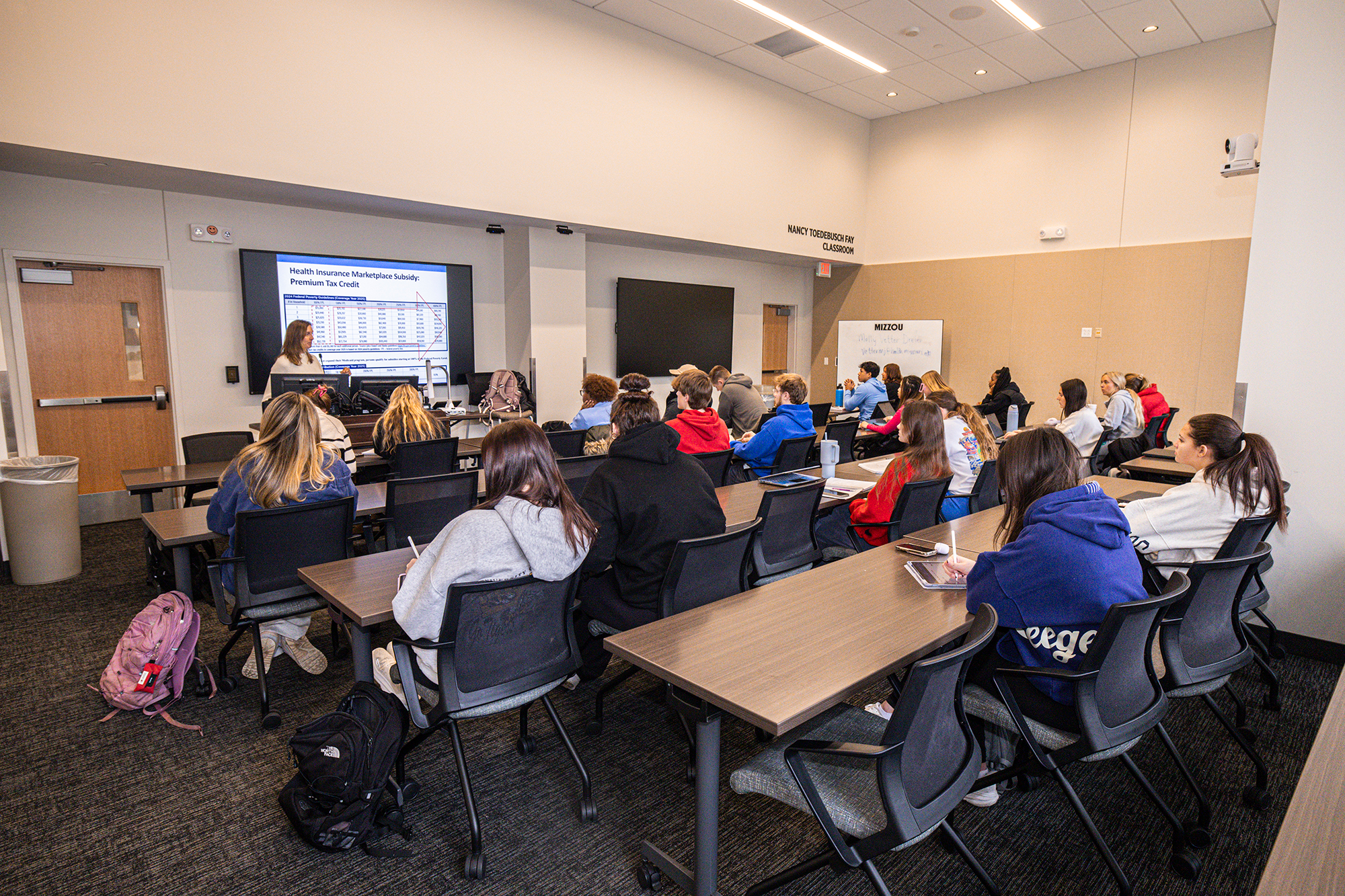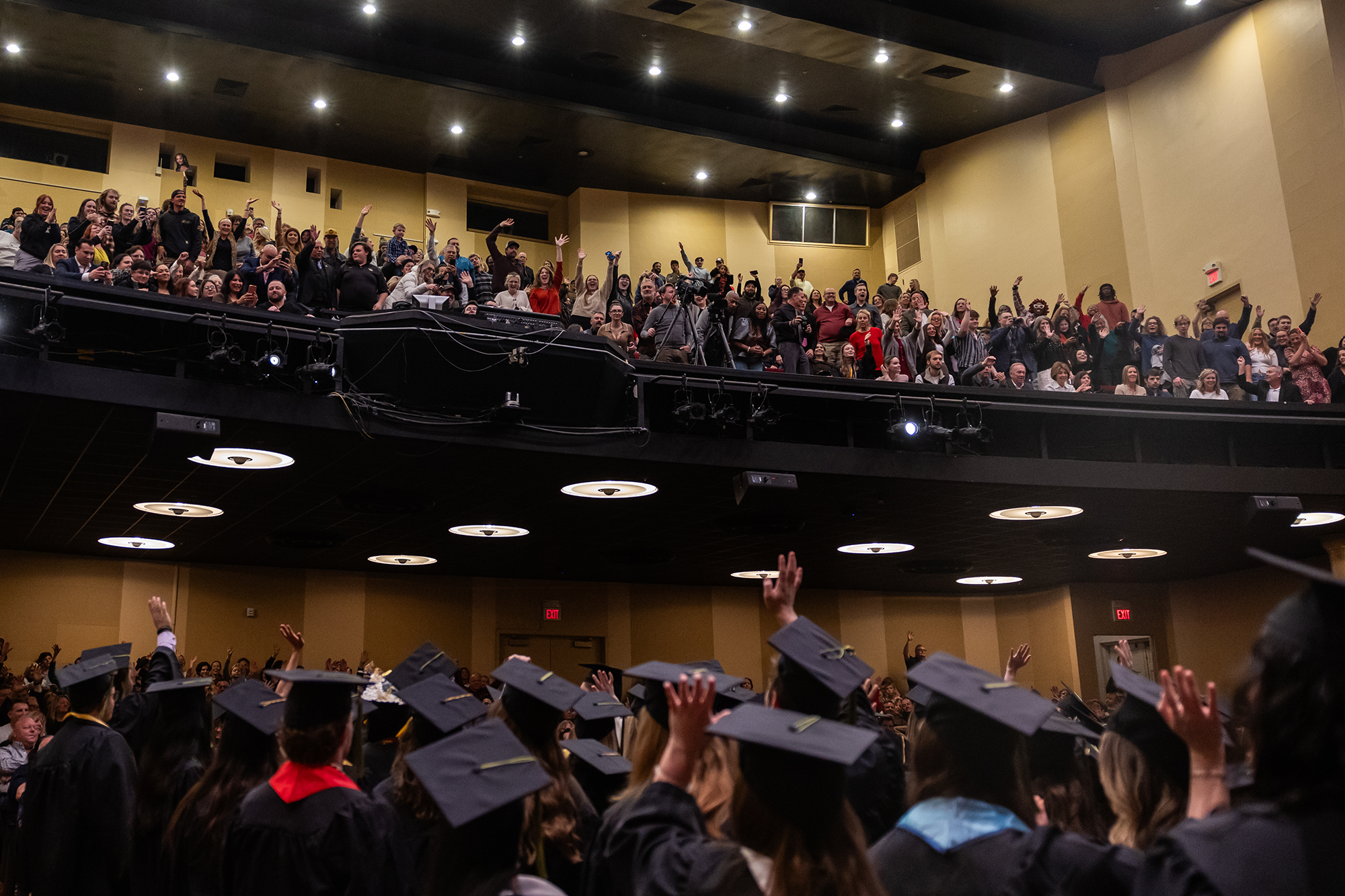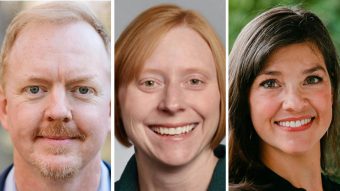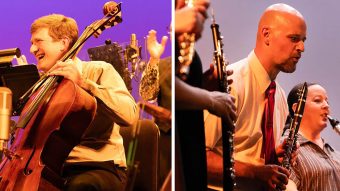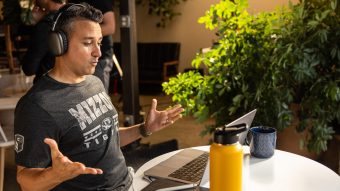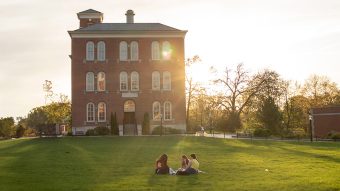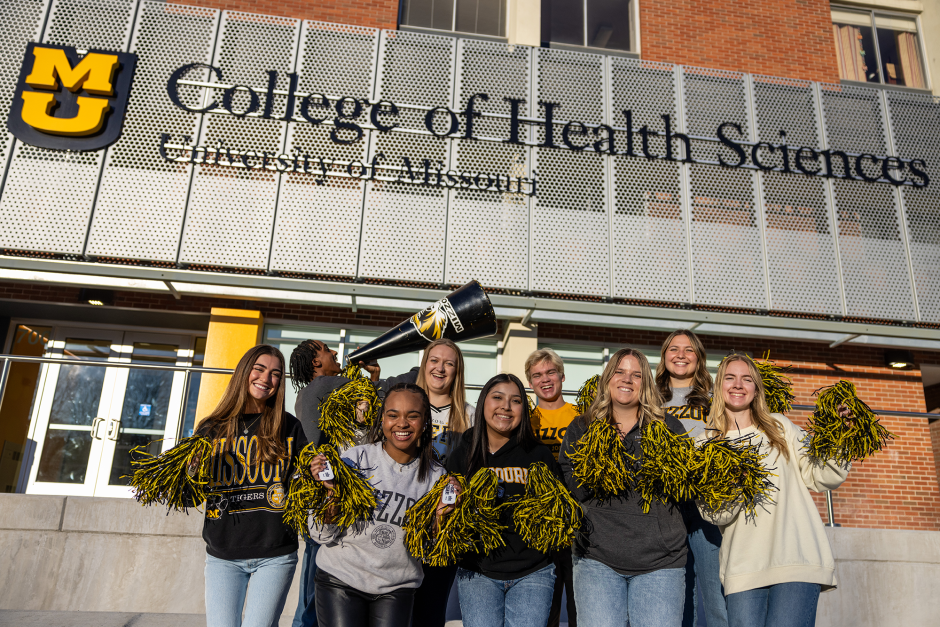
April 15, 2025
Contact: Brian Consiglio, consigliob@missouri.edu
Photos by Abbie Lankitus, Annika Miller, David Owens and Cheri Ghan
Over the past 25 years, the College of Health Sciences at the University of Missouri has evolved into one of Mizzou’s fastest-growing academic units, shaping the next generation of health care leaders.
Previously known as the School of Health Professions, the college has greatly expanded since the turn of the century with new departments and degree programs and a recent $6 million renovation to Clark Hall to meet enrollment growth and increasing workforce opportunities.
And the demand isn’t slowing down. The U.S. Bureau of Labor Statistics projects health care employment to outpace most other industries through 2033.
With the College of Health Sciences celebrating 25 years of innovation and growth as an independent academic unit, read about three employees who have watched its evolution from the start.
Kathy Myers, chair of the Department of Clinical and Diagnostic Sciences
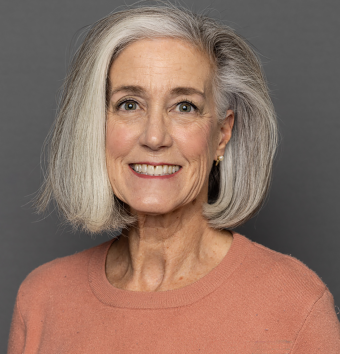
Before joining Mizzou in 1987, Myers worked as a respiratory therapist in St. Louis. She’s since seen firsthand the changes in how students engage in the classroom.
“I remember having a typewriter back in the day, and now my students have tablets, laptops and social media,” Myers said. “We’ve moved beyond multiple choice tests. Students record themselves performing procedures, upload videos for me to grade and train using high-tech manikins and simulators. Hands-on learning has never been more advanced.”
For Myers, the greatest reward is seeing her students succeed. Health sciences alumni are now in leadership roles at the American Association for Respiratory Care, the American Red Cross and Mayo Clinic.
“It’s exciting to know these alumni came up through our programs and are now making a big difference in people’s lives,” Myers said. “College of Health Sciences students know they can get jobs when they graduate and make a difference. Our programs are well respected, and employers are excited to hire our graduates.”
As chair of the Department of Clinical and Diagnostic Sciences, Myers oversees programming such as diagnostic medical ultrasound, respiratory therapy and clinical lab science.
“These professions are retiring more professionals than they are bringing in, so there is huge demand, and our programs here at Mizzou have a great reputation,” Myers said.
In recent years, Myers has seen the impact Mizzou’s investments in realistic teaching tools have had on enhancing student success.
Students are using mechanical ventilators, diagnostic medical ultrasound equipment and simulation manikins as they prepare for clinical practice placements.
“This trickle-down effect shows the value Mizzou’s investments in student success opportunities have made in fueling growth in these programs,” Myers said. “We have also created an interdisciplinary master’s degree program that helps lab science professionals, sonographers, nuclear medicine technologists, radiographers and respiratory therapists who already have their credentials and want to become leaders within their areas of expertise.”
Stephanie Reid-Arndt, senior associate dean
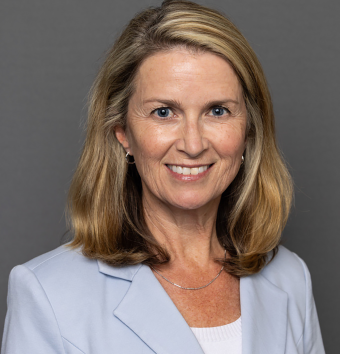
Reid-Arndt joined Mizzou in 1999 as a postdoctoral fellow providing health psychology services to patients with brain injuries at Rusk Rehabilitation Center before becoming a faculty member.
“I was thrilled to come to an academic medical center,” Reid-Arndt said. “Being able to help patients while educating the next generation of neuropsychologists at Mizzou was exciting.”
After 10 years in a faculty role, including three years as chair of the Department of Health Psychology, Reid-Arndt became the senior associate dean and now oversees academic programming in the college. She has watched the undergraduate health sciences degree become one of the most popular majors on campus, serving as a launchpad for professional programs and careers across the health care industry.
“Students with this degree go on to become doctors, dentists, pharmacists, occupational therapists and physical therapists, just to name a few,” Reid-Arndt said. “This degree program has grown significantly because of our intentional focus on building out the curriculum to support those seeking advanced degrees.”
She has witnessed the growth of the college firsthand, including the creation of an occupational therapy assistant bachelor’s degree, an interdisciplinary doctoral program in health and rehabilitation science, a criminal and justice studies undergraduate program, and an in-person fitness programming and management program. This growth has been in response to evolving workforce trends and in-demand career fields.
“Our support services play a big part in student success. We were among the first at Mizzou to have a career services office embedded within our college,” Reid-Arndt said. “We’ve seen a growing focus on community health and well-being, showing that health care services extend far beyond the hospital.”
Reid-Arndt played a key role in recent renovations to Clark Hall, which added three new classrooms, student study rooms and collaboration space, and a new accessible entrance facing Providence Road.
Also, she is ensuring students have access to cutting-edge resources such as electronic health records that can be shared across three in-house, student-run clinics.
“As part of our college-wide interprofessional education initiative, that allows students to gain experience streamlining patient care, which will help them in their careers,” she said.
Kyle Gibson, chair of the Department of Physical Therapy
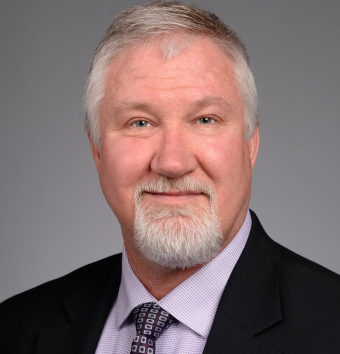
When Gibson came to Mizzou in 1996 as a clinical instructor he was drawn to two things: teaching future physical therapists and helping patients.
“I’m married to a physical therapist who went to Mizzou (Rita Fenske, DPT ’88), and she raved about the program and the supportive faculty and staff,” Gibson said. “We have very high standards here and we create a culture of care.”
His passion for physical therapy began with a sports injury in high school. Gibson remembers the impact a physical therapist he worked with had on him, motivating him to want to pursue physical therapy as a career path.
“I always tell my students what’s great about being a physical therapist is you don’t have to look far to know what you do has a real purpose,” Gibson said. “There is great benefit and honor in any hard work that you do, and in physical therapy you can see very clearly you are making a difference for somebody.”
Gibson is especially proud of the work students do in PhysZOU, one of the largest pro bono physical therapy clinics in the Midwest. Working under the supervision of faculty who are licensed physical therapists, students in the clinic exemplify the Missouri Method philosophy of experiential learning.
“Our students are seeing patients right away with faculty members in our pro bono clinic, serving those who are either uninsured or underinsured,” Gibson said. “It’s a great example of Mizzou’s land-grant mission. Students serve a variety of patients, including orthopedic patients, those with neurological injuries such as strokes, the elderly and children. That is something that sets our clinic apart.”
Despite the growing numbers across departments, Gibson said what makes the College of Health Sciences a special place to work is hard to quantify.
“The faculty and staff here truly support each other,” he said. “We are very invested in the success of our students.”
